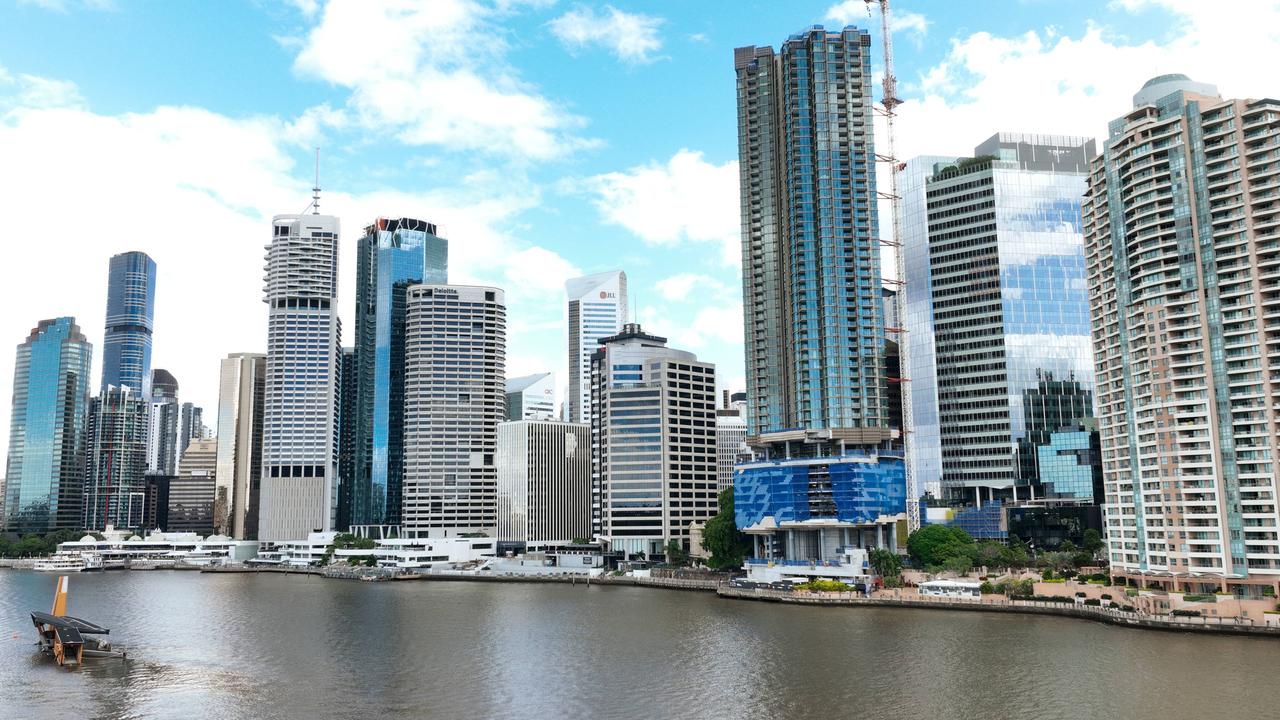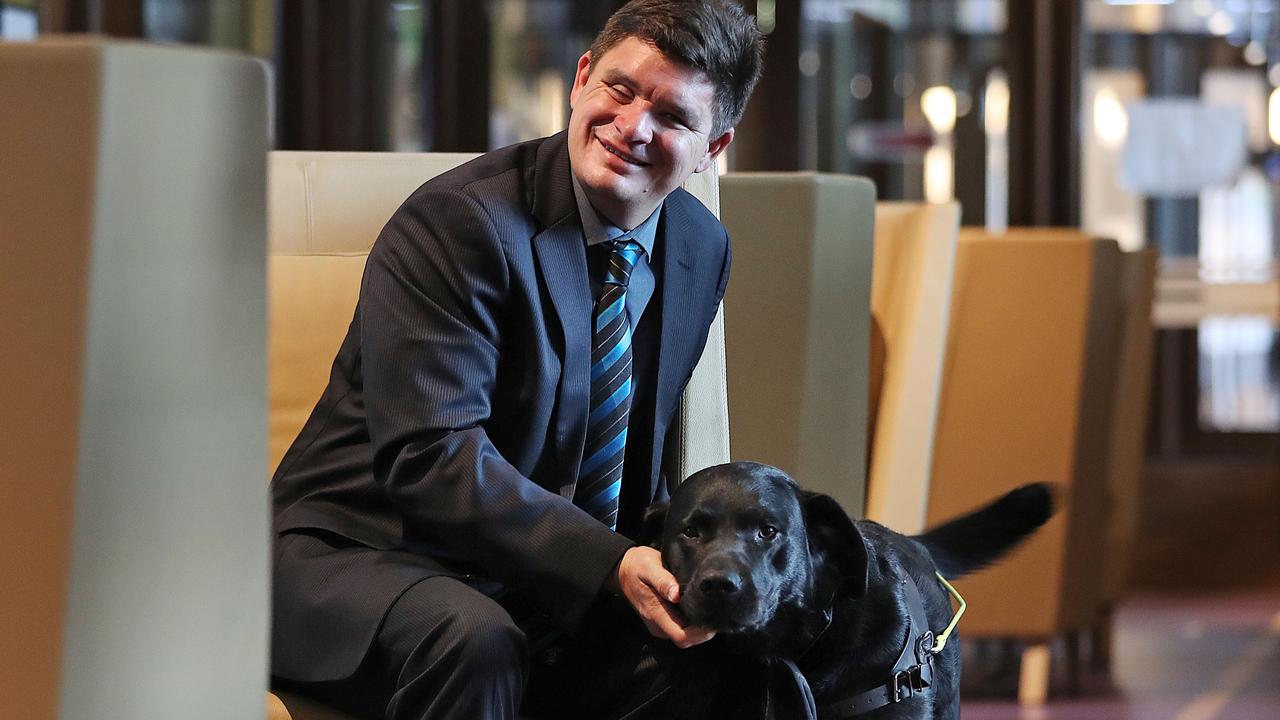Brisbane in good position to become world leader in accessibility
Better signage, ramps, disability access in every hotel. This is just some of what is needed to make Brisbane truly accessible for everyone ahead of the 2032 Olympic and Paralympic Games. This is why we are in a good position to achieve that goal.
Brisbane Olympics 2032
Don't miss out on the headlines from Brisbane Olympics 2032. Followed categories will be added to My News.
Brisbane is in a better position than most cities to become a world leader in accessibility, experts say.
Better signage, ramps, a focus on drop-off points and elevators along with disability access rooms in every hotel are just some of what is needed to make Brisbane truly accessible for all ahead of the 2032 Olympic and Paralympic Games.
But experts believe retro-fitting existing venues and facilities ahead of the Games will be considerably easier than in cities like Paris, because Brisbane is relatively modern and small by international standards.
Of the 37 competition venues required for hosting the Games, only six new venues will be built specifically and of the remaining 31 venues, eight will involve the upgrading of existing facilities and 23 will involve either existing facilities or ones temporarily built for the Games.

The Queensland Government has adopted inclusive design principles for new facilities, such as the revamped Gabba, but will still need to substantially modify existing facilities to reach the standards required by the International Olympic Committee.
University of Queensland law lecturer and former Paralympian Associate Professor Paul Harpur said inclusive design principles would provide a long-term improvement in usable infrastructure for disabled people.
“It’s considerably better value for money if facilities that allow better access are incorporated in the initial design instead of having to retrofit additional facilities,” Prof Harpur said.
“Incorporating those sort of facilities such as easy access to venues through ramps need not cost any more if you make it a part of the basic design in areas such as stadiums, busways and trains.
“It’s certainly a lot cheaper than having to put in those elements after they’ve been built.”
Paralympics Australia president Jock O’Callaghan said that a relatively modern and small – by international standards – city such as Brisbane would make retro-fitting of existing facilities considerably easier.
“Paris has the Olympic and Paralympic Games in 2024 and because it’s an old city with narrow streets and a fairly concentrated population, retro-fitting the existing facilities such as subways is so much harder,” he said.

He attended the Tokyo Games last year and said a major achievement was having at least one disabled-accessible room in every hotel.
“That may not sound much but under the circumstances that is quite an achievement,” Mr O’Callaghan said.
“My impression is that Brisbane is in a better place than other cities to implement those principles.”
PwC chief diversity and inclusion officer Julie McKay said that as well as changes to allow more physical accessibility in southeast Queensland, she wanted to see changes in the way that most members of the public interact with disabled people.
“If someone is in a wheelchair and they’re being pushed, then it’s the person pushing who generally gets spoken to,” she said.
“There are a lot of talented and skilled people who are locked out of the workforce because of these attitudes.
“We certainly want to make the Olympic Games the most accessible and inclusive in physical terms, but it would be good if we made it the most inclusive in attitudes as well.”



